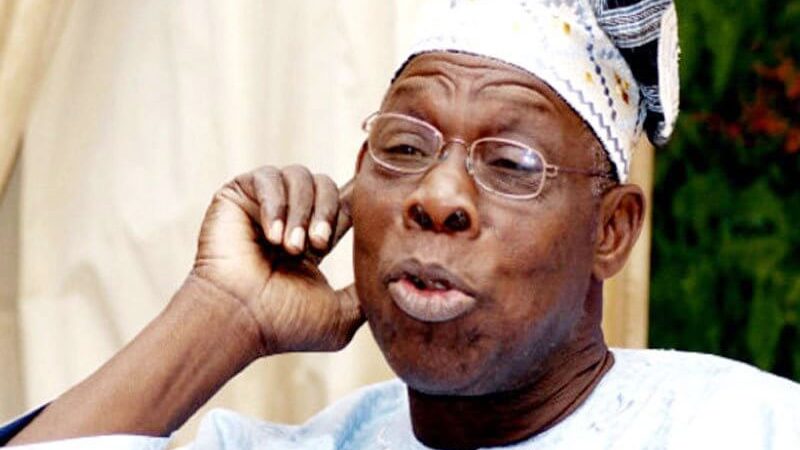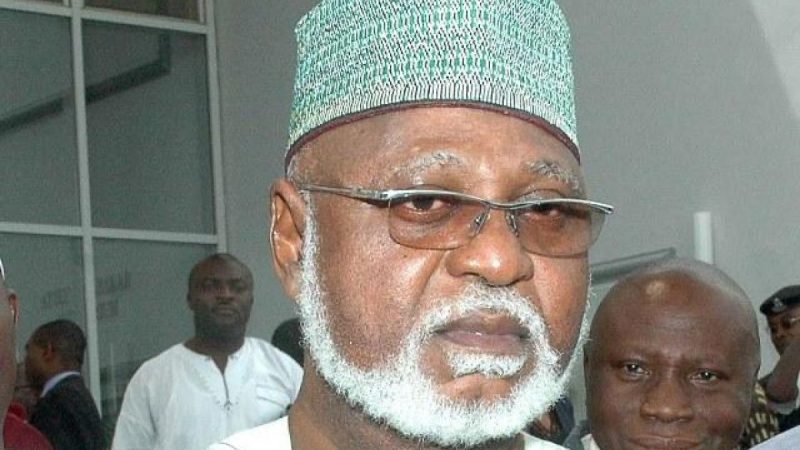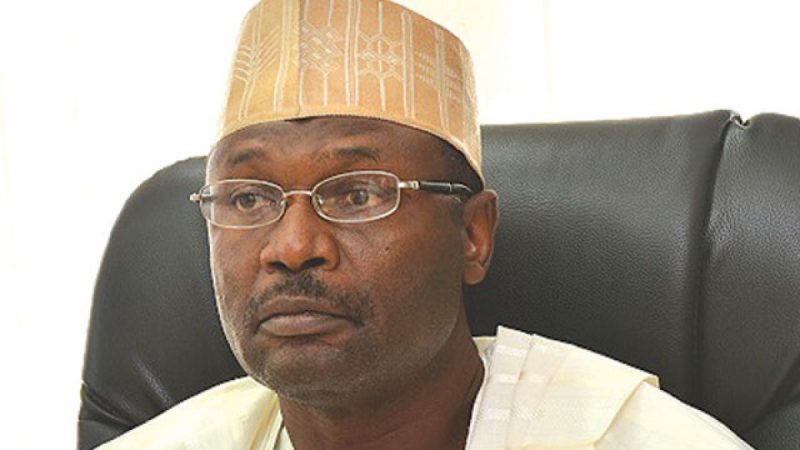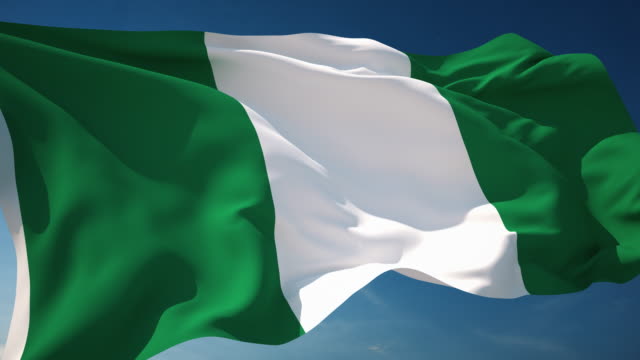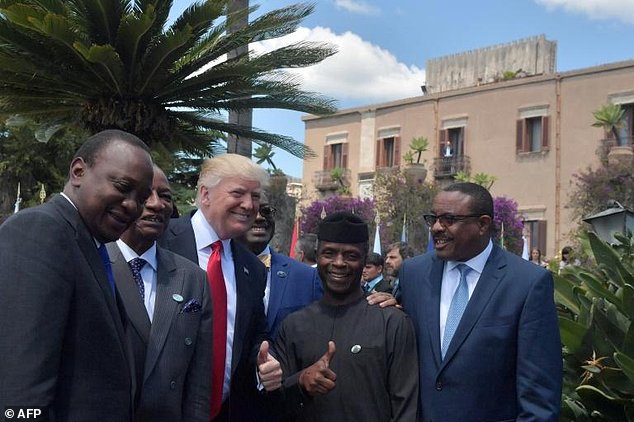Facts across Africa has shown the complete ineffectiveness of foreign aid and loans. Citizens across the continent have been unanimous in concluding that foreign aid and loans fuels corruption and does not help the economic development of Africa.
Another obvious realisation is the fact that the results on the ground in Africa are not exactly what its development partners have expected, and the reasons are not far-fetched. While some have directly addressed humanitarian needs caused by drought and conflict, others have also enhanced corruption, civil conflict, shrinking of the middle class, and the instilling of a culture of dependency. Dependency on aid and loans will never make Africa unattractive to local and global investors.
Continued dependency as a matter of fact has impeded political evolution by African states. The question for Africa borders on what would it take for it to realise that the key difference between developed countries and developing countries is in their political evolution. It is imperative for Africa to replicate the noticeable ideals in the developed countries that encompasses political and economic systems that are inclusive and offer opportunities for most people to create wealth.
But this will also entail the evolvement of new ways of doing things by leaders in Africa. This is imperative because what obtains in Africa are political and economic systems that are extractive. This is further aided by the obvious: the ruling class have a strong hold on political power, and they have been using it clannishly to channel economic resources to benefit themselves and close associates. Worse still, foreign aid and loans when channelled through such extractive systems, are never used meaningfully for the benefit of the most vulnerable in society.
Africa must rethink its development strategy by looking inward by evolving a new political and economic system that is extractive and clannish. Africa must note that it will never develop if it continues to rely on foreign aid and loans.




